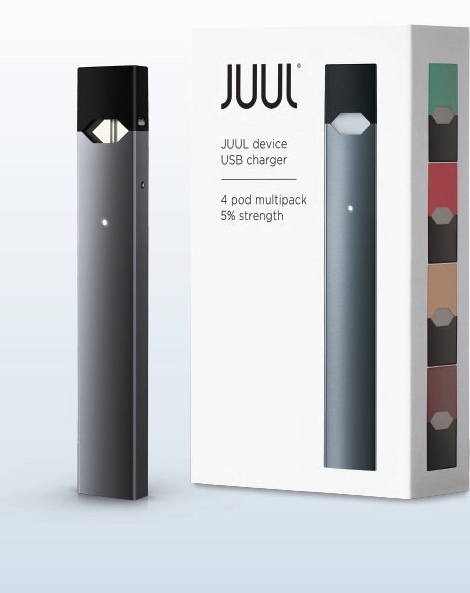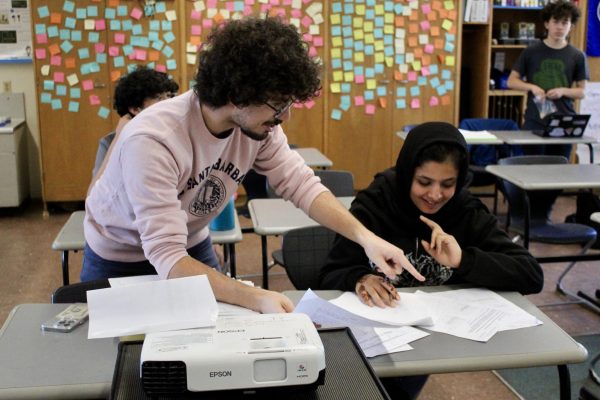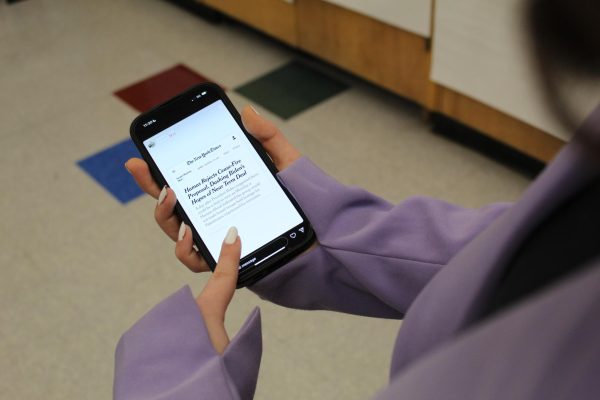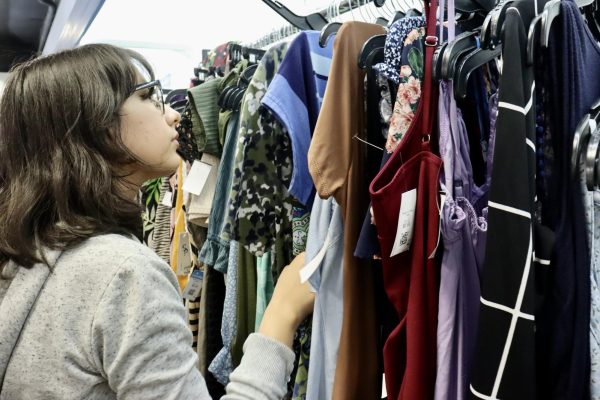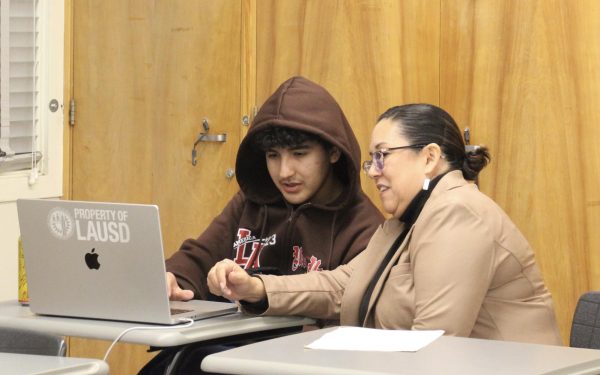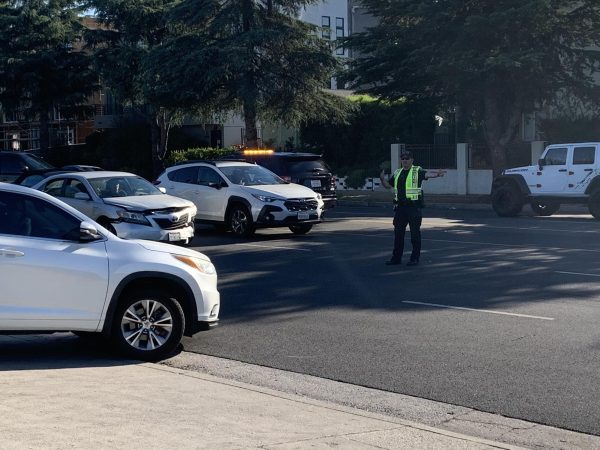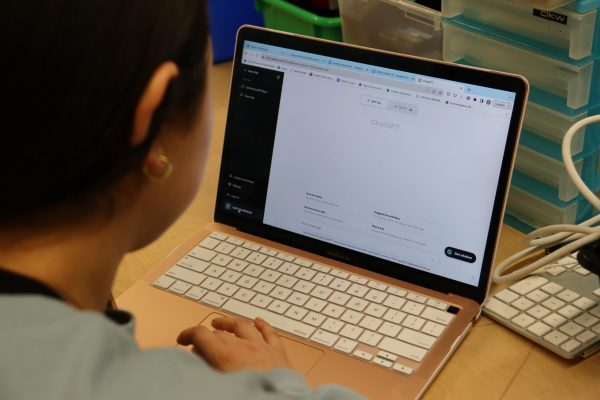Tobacco industry finds new means to target youth
May 31, 2018
Dressed up as a familiar school supply, JUUL products have become an increasingly popular trend among students in the past year in schools across the United States.
“I think they are clearly targeting minors,” Principal Deb Smith said. “They are creating devices that people will not notice them as being something that is a device used for vaping. I think that the flavors and the way that they attract kid-oriented flavors to those devices is absolutely targeting young people that otherwise would probably not be interested.”
JUUL devices are a new type of e-cigarette that has become popular among young people. Although they are only legally available for adults 21 and older, they are being used by kids and teenagers much younger than that. As opposed to traditional forms of vaping, teenagers have turned to JUUL devices due to their compact size and familiar tech-inspired design that looks like a USB flash drive. These devices are small enough to fit into a closed fist and can be plugged into a laptop or computer USB port to charge and can be easily snuck into schools.
“Up until May 3, 2016, section 308(b) of the Calif. Penal Code made it illegal for those under the age of 18 to purchase, receive, or possess any tobacco based product or paraphernalia, which included minors who possessed electronic cigarettes,” Los Angeles Unified School District police officer William Eutue said. “Despite this change in legislation at the state level, California Education Code 48900(h) still prohibits students from possessing or using tobacco or nicotine based products on school campuses and is punishable up to recommendation for expulsion.”
Although the device was not intentionally made to look like a USB flash drive, students in schools have been found using the product in the middle of class. Due to their size, sleek design and the fact that they produce less smoke than similar devices, schools have raised concerns in regards of what to do with students who are found with these devices, which is a matter of whether or not students will get caught because of how discreet they have become.
“It’s against the law for minors to have these devices,” Smith said. “But the other big part of it, for me and I think for all of us, is that they’re dangerous. They definitely have an addictive quality, they do long term damage to people’s lungs that unlike cigarette smoking, are being used now long enough that doctors are able to now see the effects of using these devices and the person will develop what they call ‘popcorn lung’ and even when they are no longer using the device, the damage to their lungs is not repairable, it will not heal itself, it is permanent damage.”
Many young people do not realize the long term effects of “JUULing” or other forms of vaping, but these e-cigarettes do contain nicotine. These vaping devices with a cartridge that lasts about 200 puffs contains as much nicotine as an entire pack of cigarettes. With a variety of flavors, such as mango, cool cucumber and crème brûlée, they are proven to attract young people.
“Students have vaped in my classroom and I have caught them before during class hours,” video production teacher and Pearl Net News advisor Mark Middlebrook said. “There have been instances but only a couple that I have found, but I think there are more instances around campus these days.”
These vaping devices and other types of drugs have made their way to campus and have been found and confiscated and found during random locker or backpack searchers at Daniel Pearl Magnet High School.
“We know that we have had situations and incidents where students have been in possession of marijuana, marijuana edibles, drugs in the category of Xanax, so anxiety medications we know have made their way onto our campus,” Smith said.
In order to ensure students understand the harmful risks of the product, students who are found with this device or in the possession of any cannabis, will result in confiscation of the device followed by a call to parents and a parent conference with Smith. Students will be offered counseling time if they feel they need it to give up the drugs.
In an attempt to raise awareness for the issue, DPMHS will have a public service announcement (PSA) discussing the dangers of such devices.
“We hope to be able to do something,” Middlebrook said. “We hope to have lot just PNN but the other classes doing reports on the problems of vaping and marijuana usage.”


